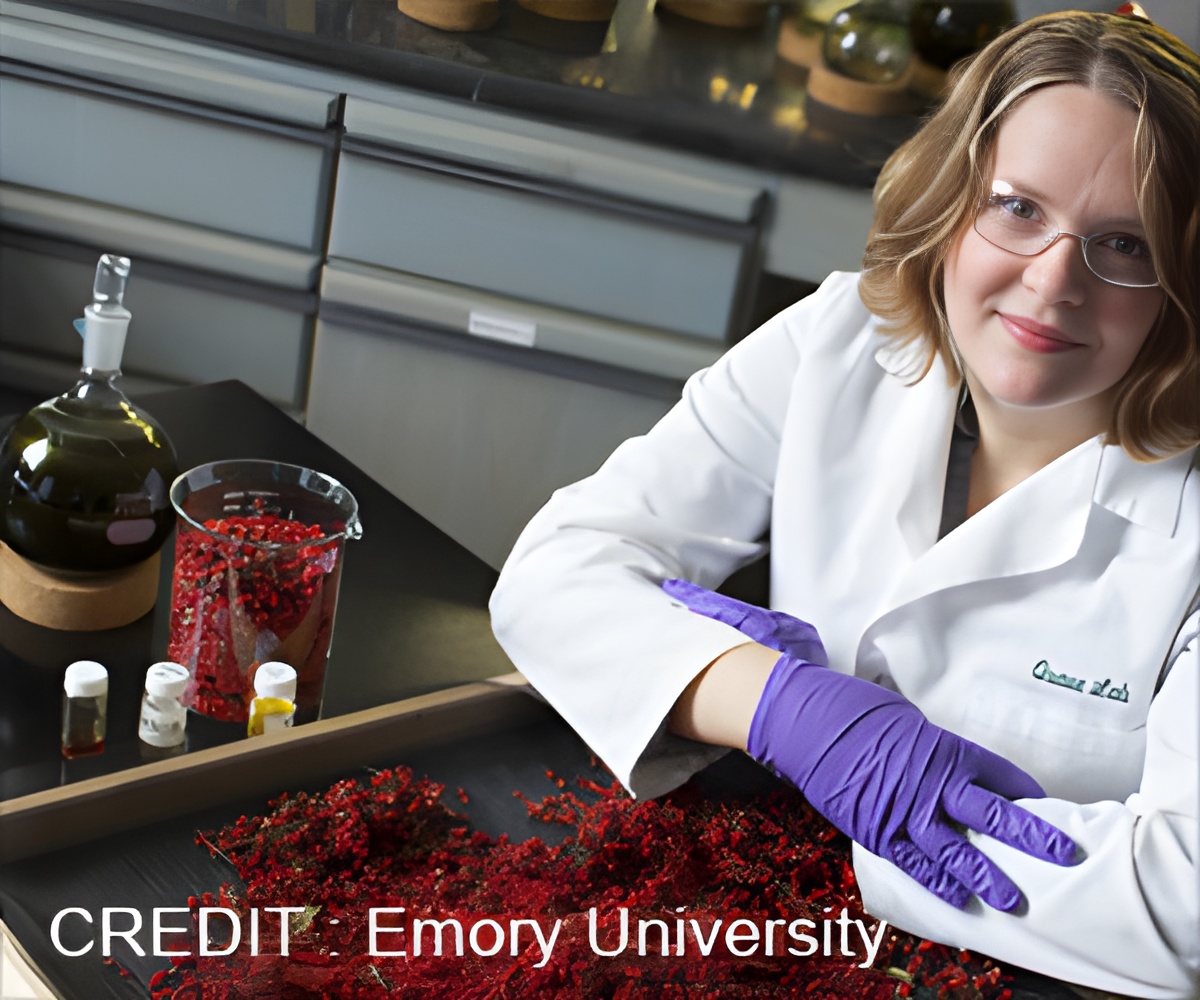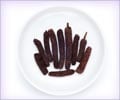A flavone-rich composition extracted from the pepper inhibits formation of skin lesions in mice infected with drug resistant bacteria.

- The red berries of the Brazilian peppertree has medicinal property against the antibiotic-resistant staph bacteria.
- The extract from the berries inhibits formation of //skin lesions in mice infected with methicillin-resistant Staphylococcus auereus (MRSA).
- The Brazilian peppertree extract works by simply disrupting the signaling of MRSA bacteria without killing it.
TOP INSIGHT
The Brazilian peppertree extract works by simply disrupting the signaling of methicillin-resistant Staphylococcus auereus (MRSA) bacteria without killing it.
"We pulled apart the chemical ingredients of the berries and systematically tested them against disease-causing bacteria to uncover a medicinal mechanism of this plant."
The researchers showed that a refined, flavone-rich composition extracted from the berries inhibits formation of skin lesions in mice infected with methicillin-resistant Staphylococcus auereus (MRSA).
The compound works not by killing the MRSA bacteria, but by repressing a gene that allows the bacteria cells to communicate with one another. Blocking that communication prevents the cells from taking collective action, a mechanism known as quorum quenching.
"It essentially disarms the MRSA bacteria, preventing it from excreting the toxins it uses as weapons to damage tissues," Quave says. "The body’s normal immune system then stands a better chance of healing a wound."
The Brazilian peppertree extract works by simply disrupting the signaling of MRSA bacteria without killing it. The researchers also found that the extract does not harm the skin tissues of mice, or the normal, healthy bacteria found on skin.
"But instead of always setting a bomb off to kill an infection, there are situations where using an anti-virulence method may be just as effective, while also helping to restore balance to the health of a patient. More research is needed to better understand how we can best leverage anti-virulence therapeutics to improve patient outcomes."
Reference
- Cassandra Quave et al., Brazilian peppertree packs power to knock out antibiotic-resistant bacteria, Scientific Reports (2017).
Source-Medindia
 MEDINDIA
MEDINDIA




 Email
Email







